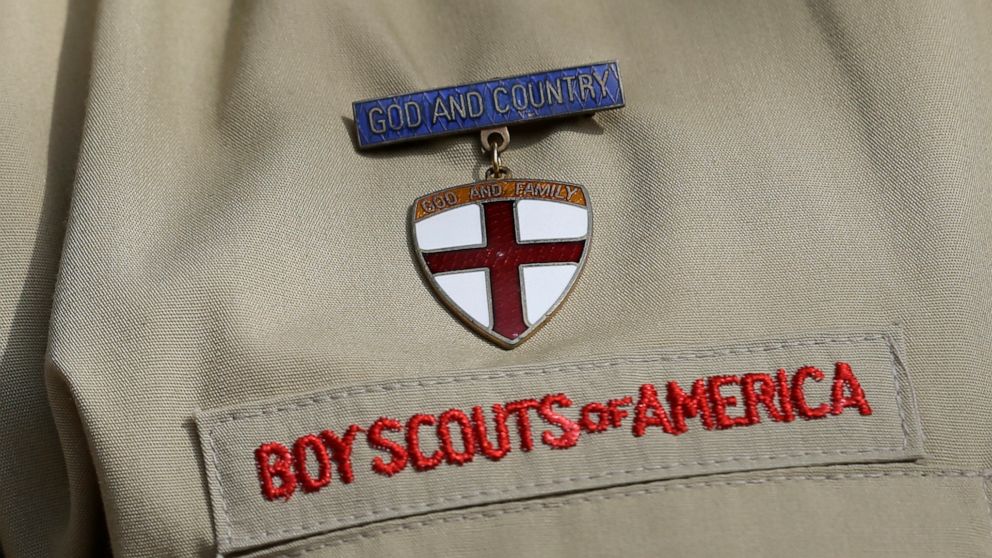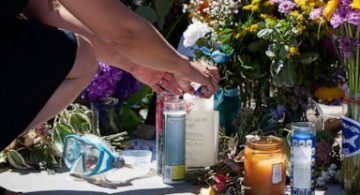
Under pressure over past allegations of child sex abuse, the Boy Scouts of America defended its current prevention policies on Wednesday and said there were five known victims in 2018 out of roughly 2.2 million youth members.
“Scouting programs today are safe,” said Erin Eisner, a chief strategy officer for the BSA and the mother of two scouts. “If I felt for a second that scouting was unsafe, I would not be associated with nor advocate for the BSA.”
Eisner, who joined Chief Scout Executive Mike Surbaugh in a telephone news conference, urged the creation of a national registry in which the BSA and other youth-serving organizations could pool information they had gathered about confirmed or suspected predators in order to lessen the chances that any of them could obtain positions working with children. Eisner said the Boy Scouts were collaborating on that project with the Centers for Disease Control and Prevention and with the National Center for Missing and Exploited Children.
The BSA convened the news conference in response to flurry of news reports about abuse-related challenges facing the 109-year-old organization.
Across the U.S., lawyers are recruiting clients to join in sex-abuse lawsuits against Boy Scouts as states have moved to ease statute-of-limitations laws. New York enacted a law earlier this year creating a window for victims of long-ago abuse to file such suits, and several other states are considering such measures.
Eisner and Surbaugh defended the BSA’s century-old practice of compiling “ineligible files,” which list adult volunteers considered to pose a risk of child molestation. About 5,000 of these files have been made public as a result of court action; others remain confidential.
Minnesota-based lawyer Jeff Anderson, who specializes in sex-abuse litigation, released a court deposition in New York on Tuesday with testimony from Janet Warren, a University of Virginia psychiatry professor hired by the Boy Scouts to review its files. In her deposition, Warren said there were 7,819 individuals in the “ineligible files” as of January, as well as 12,254 victims.
Warren joined in Wednesday’s news briefing, describing the BSA’s sex-abuse database as “cutting edge’ and contending that the organization’s rate of reported sex abuse was lower than in society as a whole.
According to the BSA, when any volunteer is added to the database for suspected abuse, they are reported to law enforcement, removed entirely from all scouting programs and prohibited from rejoining anywhere. However, the BSA does not proactively make the names in the database public.
Eisner said doing so in the cases of volunteers who have never been arrested or convicted might raise issues of civil liberties and due process.
But Jeff Anderson, in an emailed statement, rejected the BSA’s argument that the database should remain out of public view.
“Through a simple keystroke, they have the ability today to release the names and locations of every offender that sexually abused children,” Anderson said. “Absent that, any effort, promise, pledge, practice is falling short of protecting kids.”
Past settlements in sex-abuse cases have strained the Boy Scouts’ finances, and the burden could worsen if the statute-of-limitations reforms in New York and elsewhere trigger a new wave of lawsuits.
Surbaugh reiterated that the BSA is considering “all available options” and did not rule out the option of seeking bankruptcy protection. He said the BSA is seeking to meet any financial obligations to abuse victims without jeopardizing its ability to serve its youth members.





